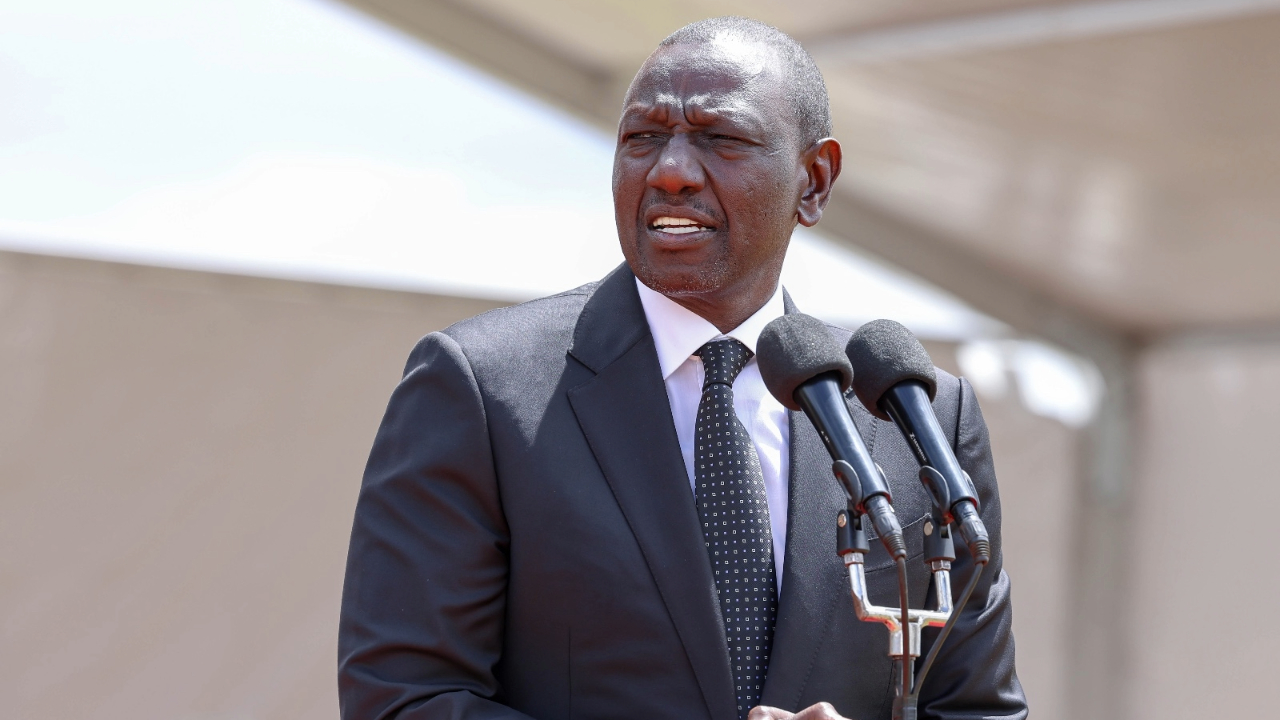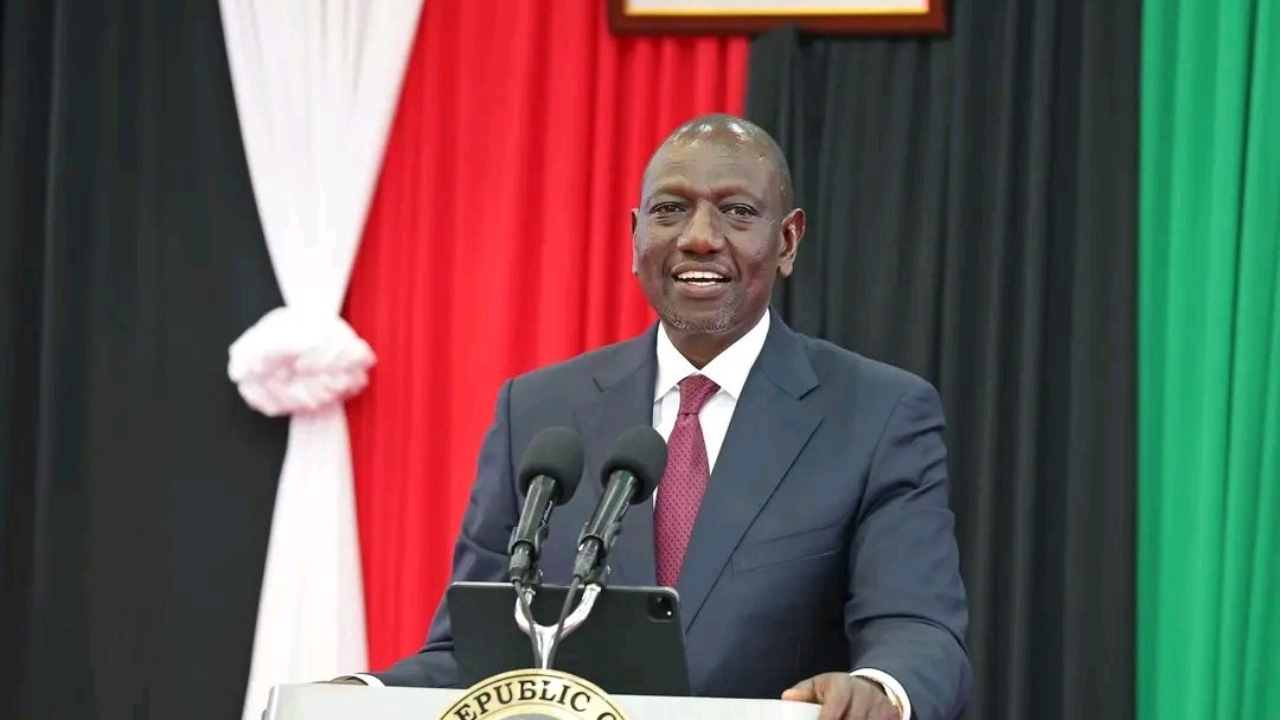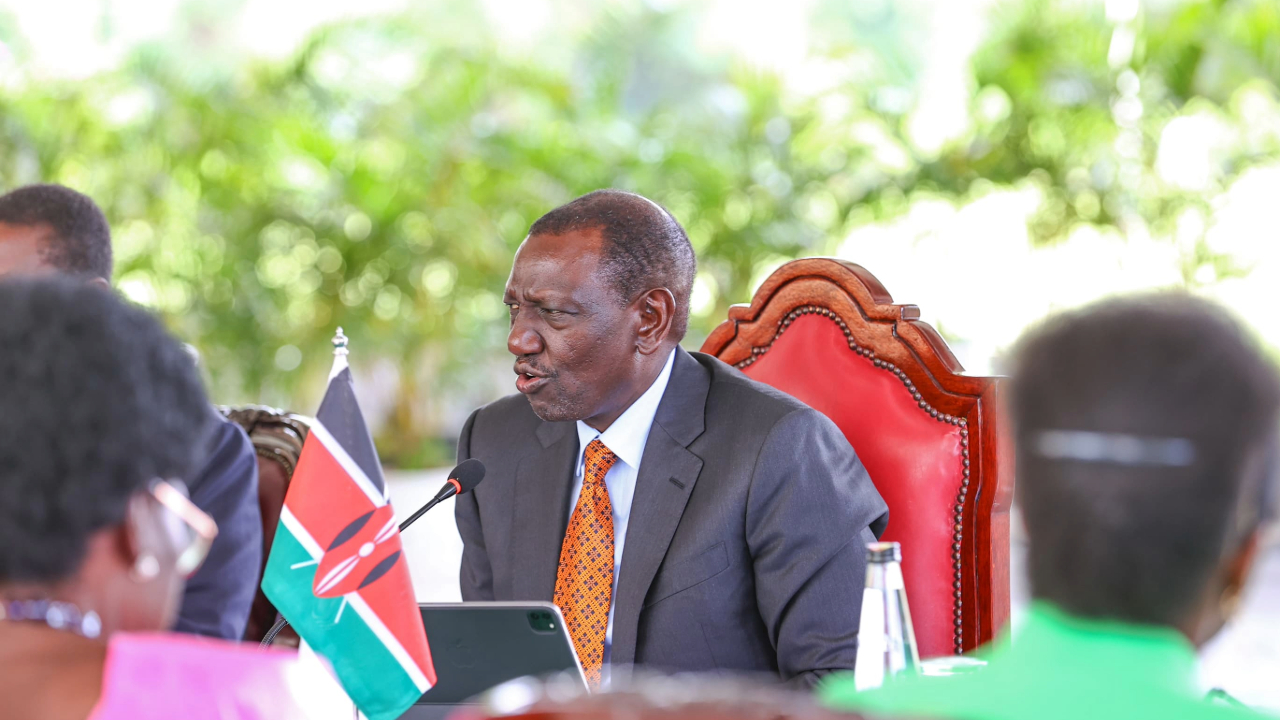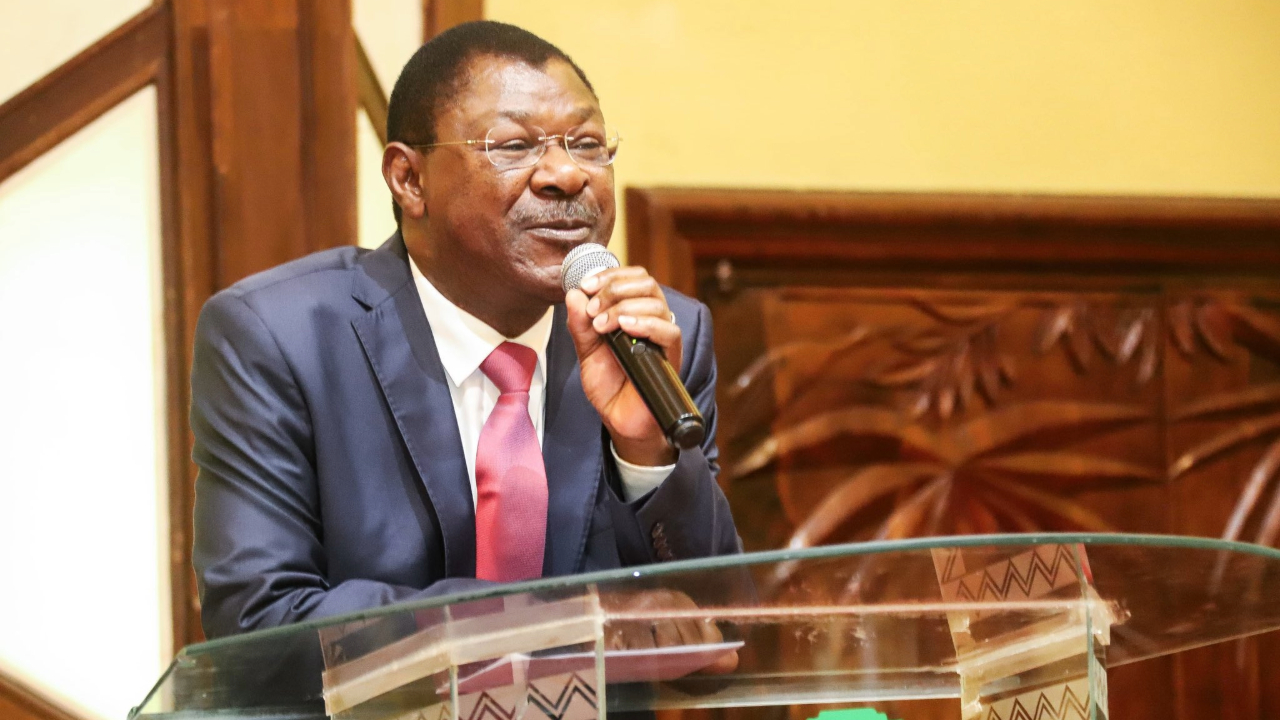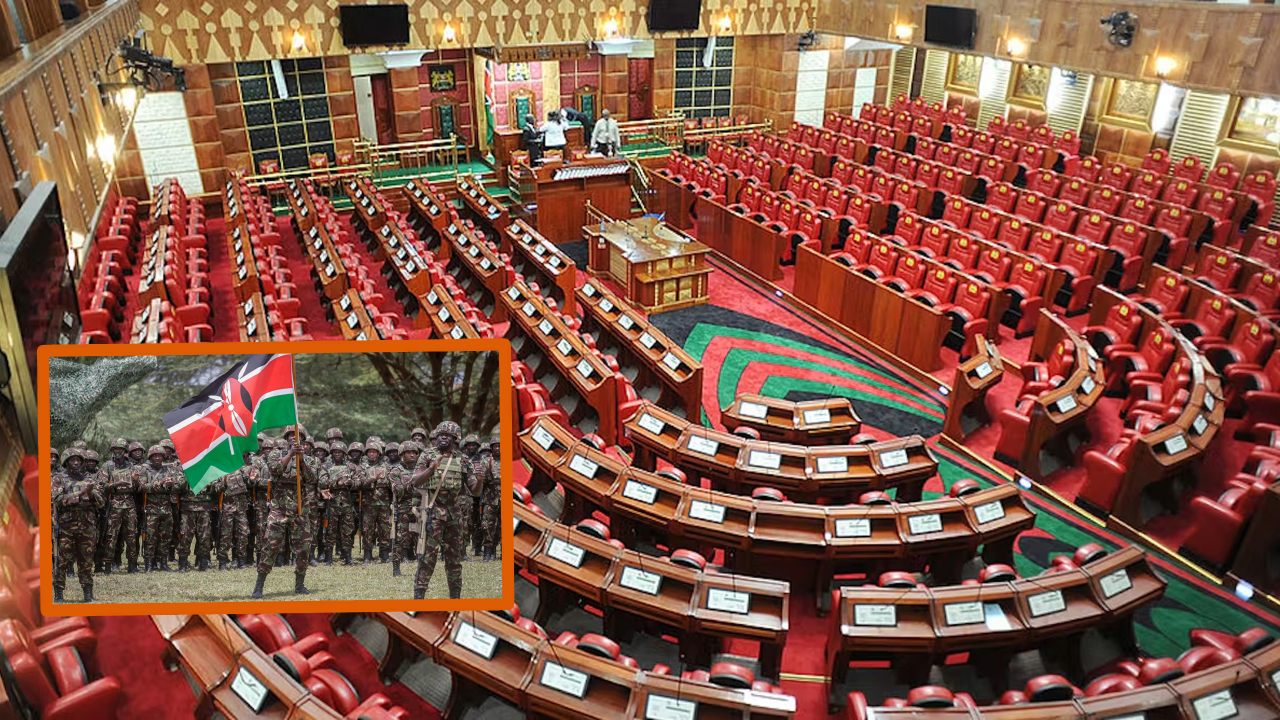Reflecting on 60 Years of Kenyan Independence: A Journey Through Triumphs and Challenges

On December 12, 1964, Kenya marked a historic moment by becoming a republic, breaking free from 68 years of British colonial rule. As we commemorate 60 years of independence today, let's delve into key milestones that have shaped the nation since 1963.
Unity Amidst Diversity
At independence, Kenya boasted two major political parties, KANU and KADU, representing diverse ethnic groups. However, tribal tensions loomed. President Jomo Kenyatta's strategic move to unite the parties showcased early efforts to curb tribalism. Despite this, tribal divisions resurfaced in subsequent years, particularly during power struggles between Kenyatta and Vice President Jaramogi Odinga.
Mysterious Assassinations
The post-independence era saw the tragic loss of influential figures like Tom Mboya, JM Kariuki, Pio Gama Pinto, and Robert Ouko through mysterious assassinations. These events left an indelible mark on Kenyan history, prompting questions about political motives and the pursuit of justice.
Attempted Coup of 1982
In August 1982, disgruntled soldiers attempted to overthrow President Daniel Arap Moi's government. Although the coup failed, it had lasting implications. The incident led to heightened authoritarianism, with Moi banning multiparty democracy and consolidating power, marking a significant shift in the political landscape.
Death of Multiparty Democracy
The failed coup expedited President Moi's push to ban multiparty democracy, leading to the introduction of Section 2(A) in 1982. The amendment stifled opposition voices, reinforcing Moi's authoritarian rule. The government further amended the constitution to diminish oversight authorities.
Return of Multiparty Democracy
Global changes and pressure forced Moi to restore multiparty democracy on December 10, 1991, by repealing Article 2A. The winds of democracy, following the collapse of the Soviet Union, swept over Africa, marking what is often referred to as the 'second liberation' in Kenya.
2002 Election and Change of Guard
The 2002 presidential election is hailed as one of Kenya's most credible polls, signaling a change in leadership. Opposition unity, symbolized by Raila Odinga's endorsement of Mwai Kibaki, led to the defeat of KANU and the end of Moi's era.
2007/2008 Post-Election Violence
The 2007–2008 post-election violence, triggered by disputed results, resulted in tragedy. The chaos led to international mediation, culminating in a power-sharing agreement between Kibaki and Raila Odinga, emphasizing the need for political reconciliation.
2010 Constitution
The approval of the 2010 constitution marked a transformative moment for Kenya. The new constitution introduced mechanisms for fair elections, including the Supreme Court's role in addressing election disputes, preventing a repeat of the violence witnessed in 2007.
As we reflect on these historical moments, it becomes evident that Kenya's journey to the present is characterized by resilience, political evolution, and a continuous quest for a more inclusive and just society. The 60th anniversary is not just a celebration but an opportunity to learn from the past and collectively shape a brighter future.
